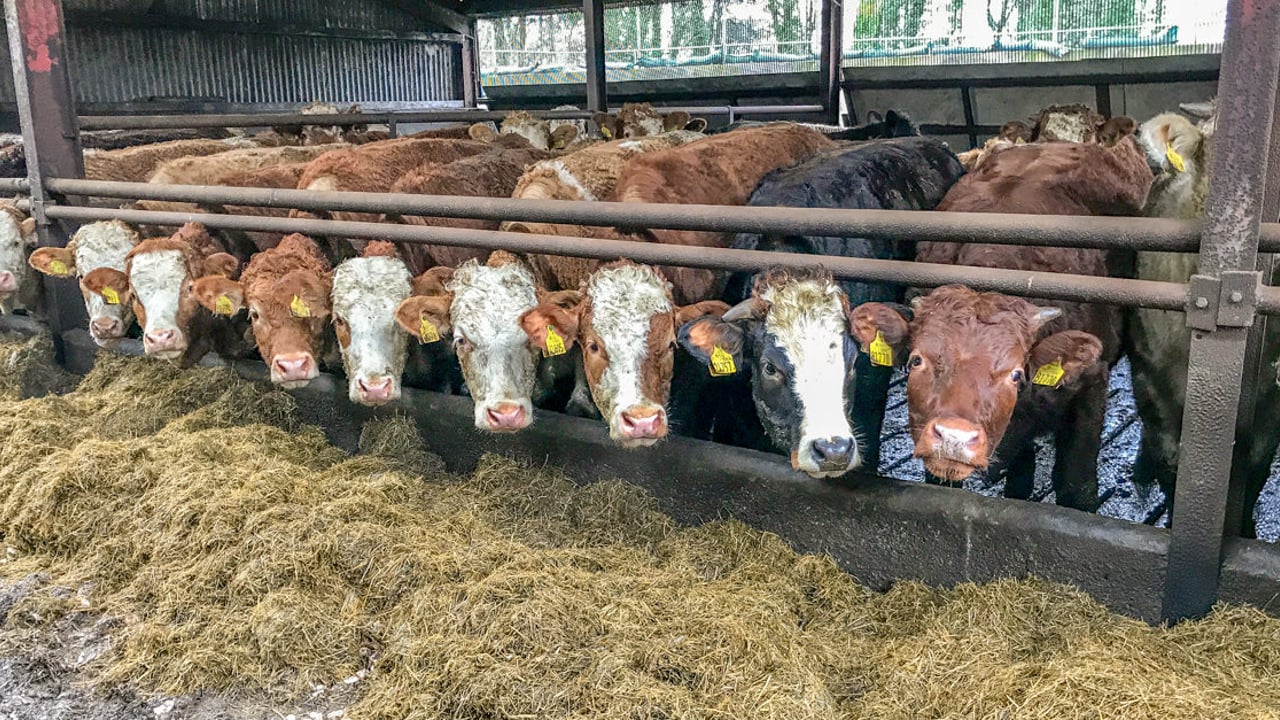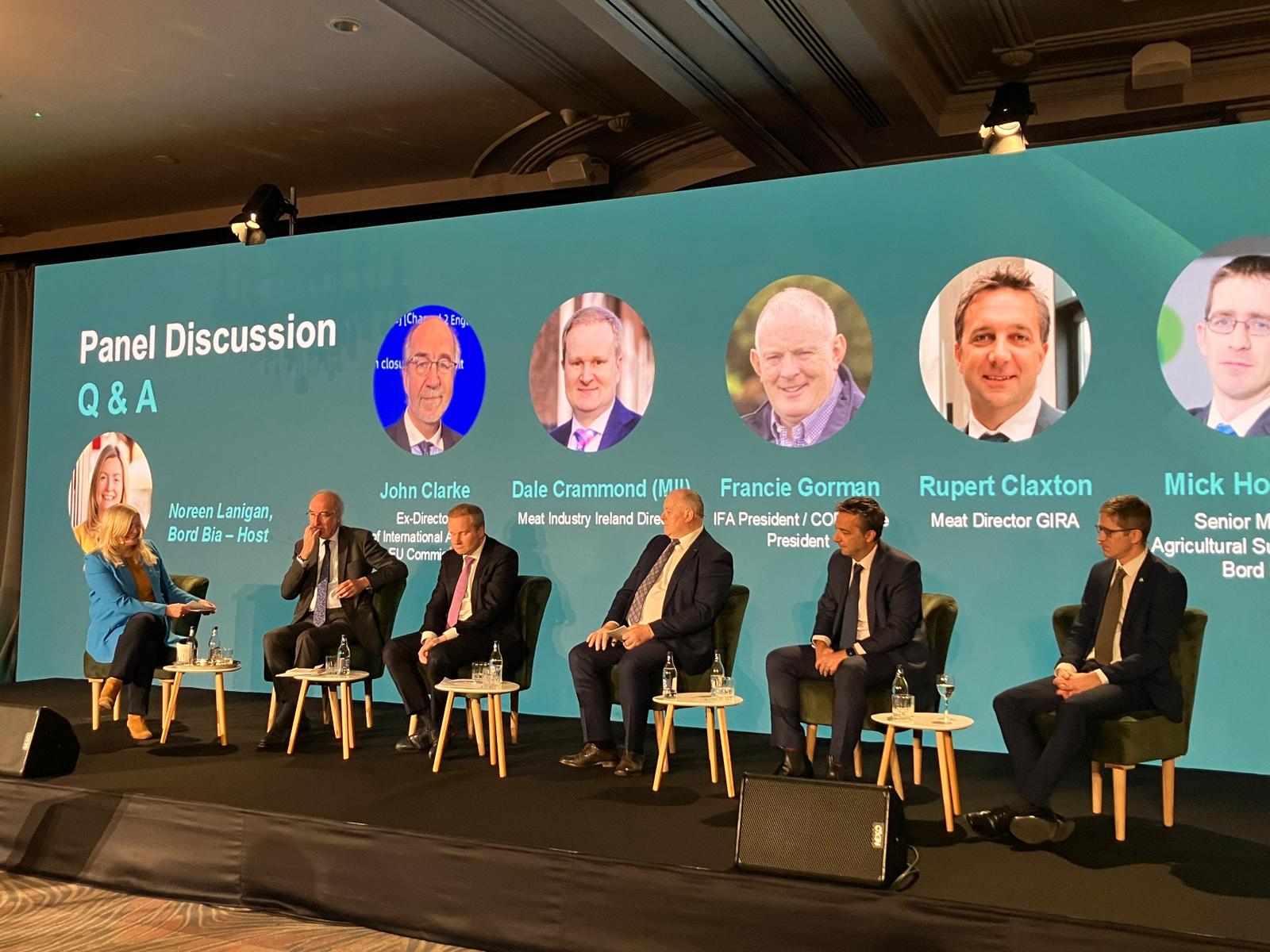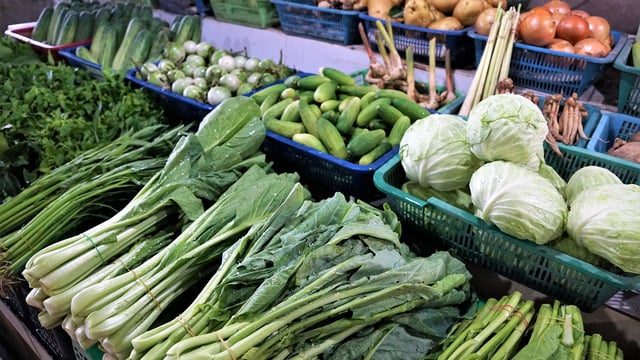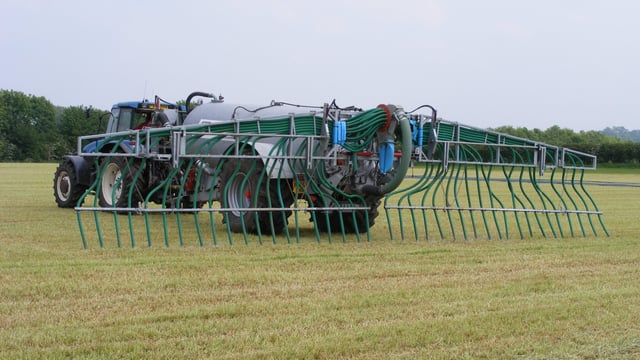Farmers 'misled' by 'fake news' on Mercosur - former EU director
Despite many protests over the Mercosur trade deal, former director for international affairs at the EU Commission, John Clarke said that farmers have been "misled" by "fake news" on the agreement.
Clarke spoke during a panel discussion including meat-industry stakeholders today (Friday, January 17) at the Bord Bia Meat Marketing Seminar in Naas, Co. Kildare.
The former director said that there are three "underlying reasons" why farmers have been protesting across Europe.
"One is that European farmers generally are facing a bigger burden linked to environment and climate and that it is costly. Secondly, there is a sense among farmers that they are not being listened to properly.
"And the third motivation is a dislike of imports, in my view, an unfounded fear that the Mercosur agreement is going to have very detrimental effects on European farming," Clarke said.
"There is this perception that there is unfair trade, no level playing field, imports coming in that do not meet European standards. Lots of fake news here," Clarke added.
He said that there is "very little evidence" that imported food is not reaching similar standards to what is required in Ireland, and that enforcement producers and retailers "have their reputation to carry".
He said that there has been "many impact assessments" for the deal, and that all assessments showed the agreement "will not have anything more than a negligible effect on beef prices or production".
"The consensus is that it will simply replace current imports of output quoted beef, so there will not be an actual increase in the volumes," he said.
"Unfortunately, certainly in Belgium and France, farmers are being led by the nose by environmental NGOs.
"There has been a marital convenience between those two groups, and many farmers have been misled by disinformation, fake news and justified allegations about trade and imports.
"It is the oldest trick in the political playbook to blame the foreigner, whether it's immigrants or whether it's imported beef, it's the easiest thing to do to blame the other for more deep seated structural problems," Clarke said.
He said the deal was "very good" for Ireland in terms of trade between dairy, spirits, beverages, pharmaceuticals, medical devices and technology.
"I think the EU was very loyal and solidaire with Ireland during all the Brexit negotiations, so I think it is time for Ireland to show their solidarity at European level for an agreement that is a great geopolitical importance in a world which is becoming extremely unpredictable," Clarke said.
Both Irish Farmers' Association (IFA) president Francie Gorman and Meat Industry Ireland (MII) director Dale Crammond, who also sat on the panel, argued against the points raised by Clarke.
Gorman said that the "reality at farm level is very different" and the standards in South America do vary from standards expected from farmers in Ireland.
"We have been asked in Europe to produce our food to the highest standards. We're almost regulated out of business," Gorman said.
"South America shows blatant disregard to issues around of rainforests. Then there is the chemicals they use to produce the food and the standards to which the workers are treated on the farm," he added.
As a vice president of Copa, Gorman said that there are 58 member associations affiliated to the group, and that 54 of which are "totally against" the trade deal.
Crammond explained that an analysis carried out by MII indicated that once the proposed agreement is fully phased in, the annual reduction in EU beef market output values would be approximately €1.3 billion.
He added that there would be a disproportionate impact of an estimated €100-130 million to the Irish beef sector because of its very high export-dependence on other EU markets equating to a loss of €75-95/head based on our prime kill.






